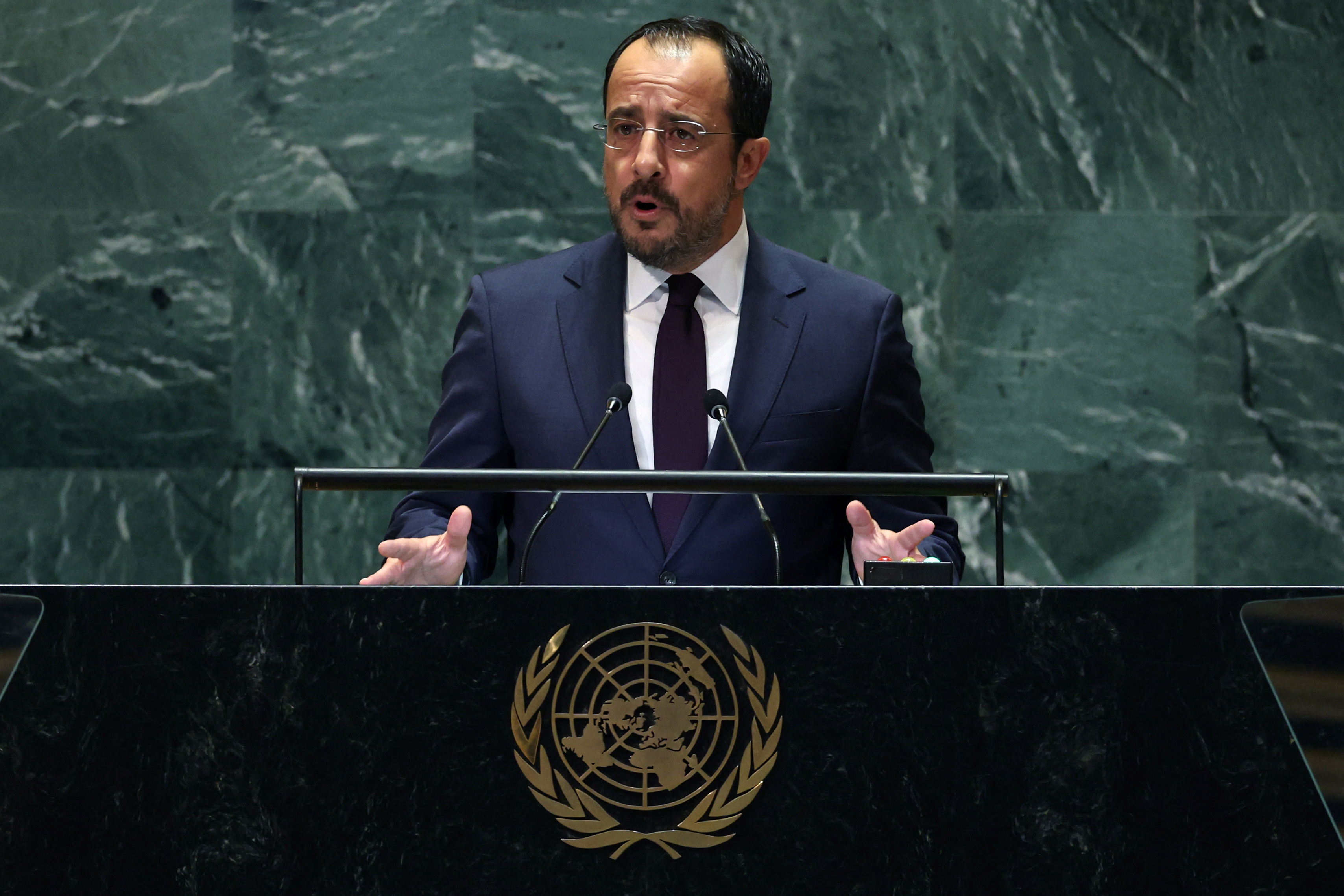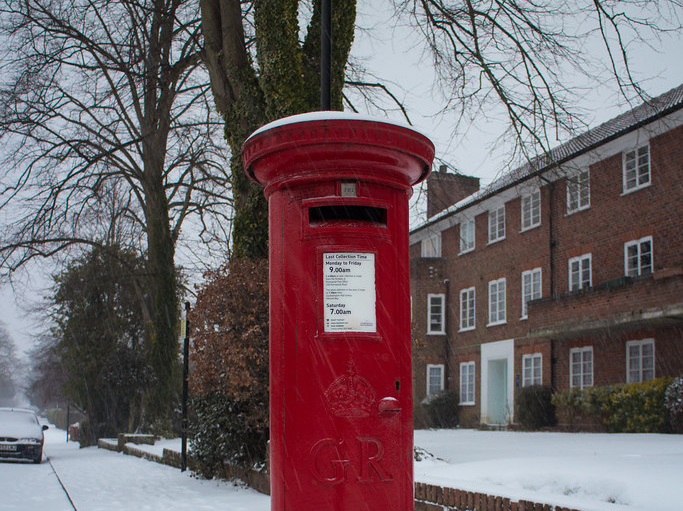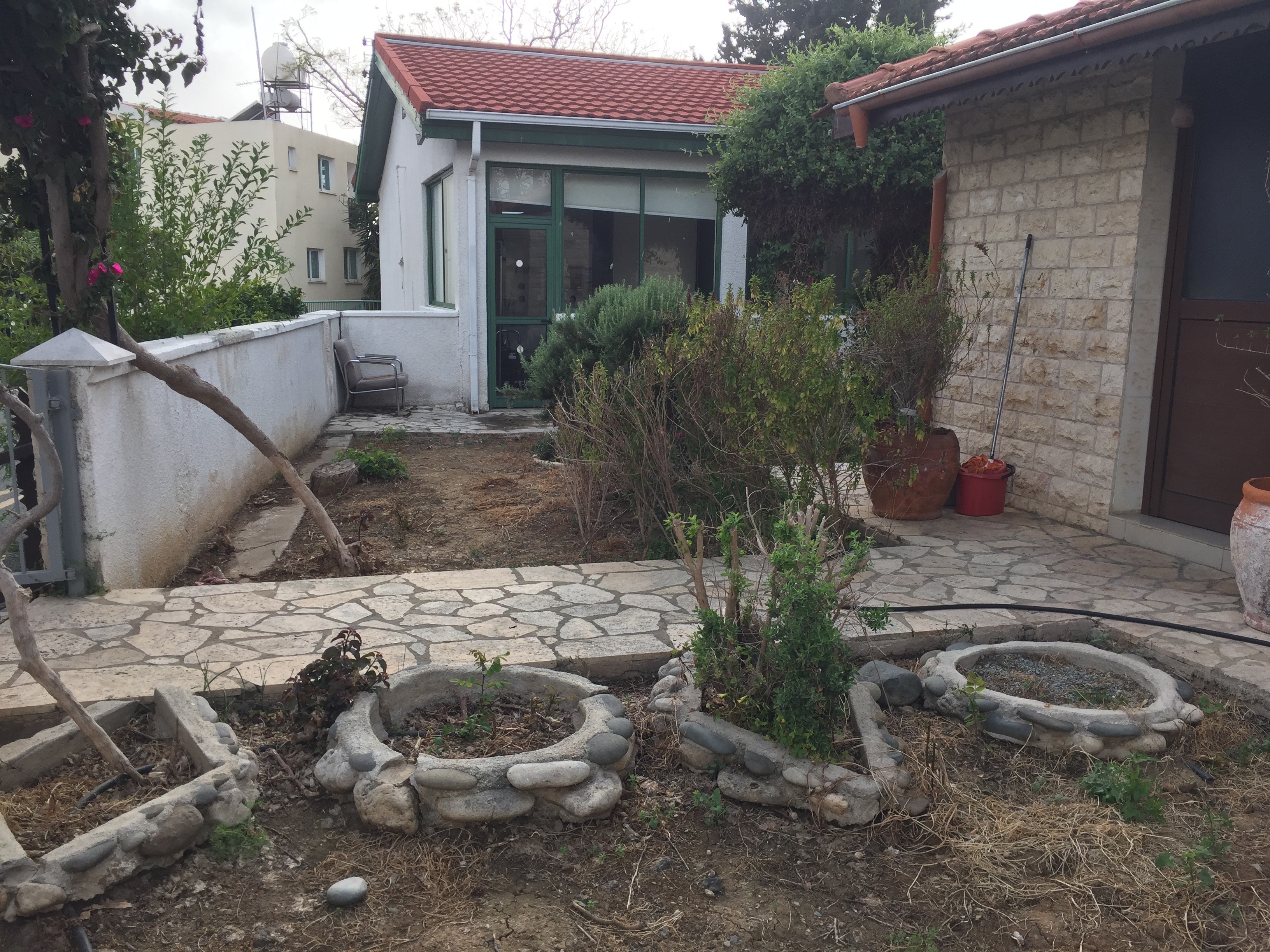President Nikos Christodoulides will make his annual speech at the United Nations general assembly in New York on September 24, according to the provisional list of speakers published by the UN.
Christodoulides will be the penultimate speaker of that day’s morning session, with his speech as such expected to begin at around 2pm local time, 9pm Cyprus time.
A representative of every UN member state typically makes a speech at some point during the week.
Other important speeches with regard to Cyprus will come from Turkish President Recep Tayyip Erdogan, who will be the fourth speaker overall and address the morning session on September 23, and from British Prime Minister Sir Keir Starmer and Greek Prime Minister Kyriakos Mitsotakis, who will both address the morning session on September 26.
Brazilian President Luiz Inacio Lula da Silva will be the general assembly’s first speaker, while the United States’ Donald Trump is second on the list.
France’s Emmanuel Macron will address the afternoon session on September 23, while Christodoulides will be preceded the following morning by high-profile international figures including Ukraine’s Volodymyr Zelenskiy, Iran’s Masoud Pezeshkian, and Syria’s Ahmed al-Sharaa.
Palestine’s Mahmoud Abbas is still listed as the fourth speaker on the morning of September 25, though it now appears unlikely that he will speak after the US’ government revoked his visa.
European Commission President Ursula von der Leyen will speak during that day’s afternoon session, while Israeli Prime Minister Benjamin Netanyahu joins Starmer and Mitsotakis, as well as Chinese Premier Li Quang, on the list of speakers on the morning of September 26.
The final speaker will be a representative of Myanmar on the morning of September 29.
At last year’s general assembly, Erdogan had been among the first speakers and had said that the federal model for a solution to the Cyprus problem has “completely lost its validity”.
He added that there are “two separate states and two separate peoples on the island” of Cyprus, and that “the acquired rights of the Turkish Cypriots, namely sovereign equality and their equal international status, must be re-committed, and their isolation must end.”
Christodoulides had responded in his speech the following day, saying that “illegality stemming from invasion, aggression and use of force cannot be recognised”, and that “international law is not a la carte”.
Mitsotakis then spoke towards the end of the week, saying that a two-state solution to the Cyprus problem “cannot happen and cannot be accepted”, and reaffirming his country’s support for a bizonal, bicommunal federal solution.
Such a solution, he said, must entail “one sovereignty, one citizenship, and one international personality, in accordance with the UN Security Council’s resolutions.”
This year, Christodoulides is set to meet Turkish Cypriot leader Ersin Tatar and UN Secretary-General on the sidelines of the assembly for a trilateral meeting, with UN envoy Maria Angela Holguin set to arrive in Cyprus this Friday for discussions with both Tatar and Christodoulides ahead of that meeting.
After this year’s general assembly, a further enlarged meeting, involving Cyprus’ two sides, the UN, and the island’s three guarantor powers, Greece, Turkey, and the United Kingdom, is set to take place before the end of the year, likely after the Turkish Cypriot leadership election, which is set to take place on October 19.
That election will see Tatar be challenged by former Turkish Cypriot ‘prime minister’ Tufan Erhurman, who advocates for a return to negotiations based on a federal solution.







Click here to change your cookie preferences